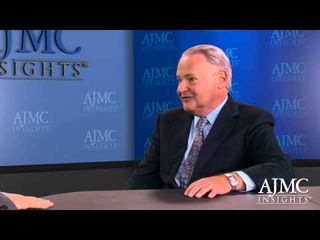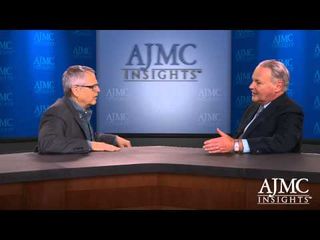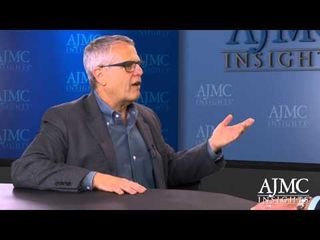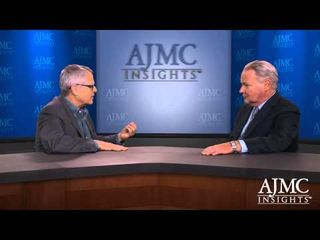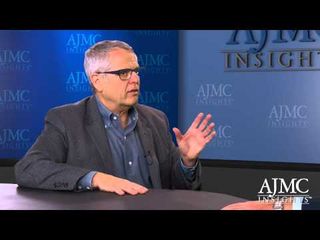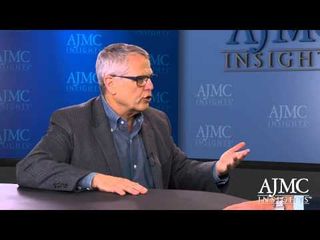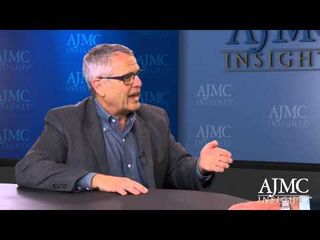
Policy
Latest News
Latest Videos

CME Content
More News

Payers, health systems, and health professionals will experience expanded accountability for performance in closing health disparity gaps in 2024.

Medically integrated dispensaries could be in violation of the Medicare Physician Self-Referral Law, known as the Stark Law, due to an interpretation of the law released in 2021.
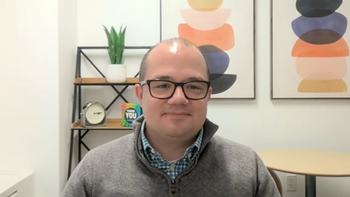
The newly appointed president and CEO of the National Alliance of Healthcare Purchaser Coalitions discussed timely issues where we may see progress in 2024.

The Inflation Reduction Act will likely change incentives surrounding single-indication launches and postapproval research for additional indications in small molecule drugs, affecting patient access.
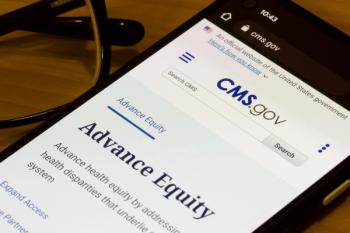
Bevey Miner, executive vice president of health care strategy and policy, Consensus Cloud Solutions, discusses the complex landscape of proposed health care rules, and the potential impact of CMS' Advancing Interoperability and Prior Authorizations Rule.

Days spent obtaining health care outside the home may show access to needed care, but also add up to substantial time, effort, and cost burdens to patients and those who care for them, according to the study authors.
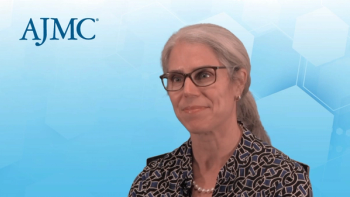
UnitedHealthcare is incorporating real-world evidence into pathways design and policy formulation, leveraging its members' data to evaluate the impact of different regimens on health resource utilization and costs, explains Lucy Langer, MD, MSHS, national medical director of oncology and genomics at UnitedHealthcare.

Drug prices in the US increased 4.4% annually and median out-of-pocket (OOP) costs increased 9.6% annually from 2009 to 2018, but there was no direct link between these amounts for individual drugs.

Research on the state of health care, health outcomes, and health inequities in the criminal justice system continually advocates for structural-level reform and the recognition that carceral health issues are in fact public health issues.

Attention-deficit/hyperactivity disorder (ADHD) medication packets are found with incorrect pills; CMS data reveal record numbers of providers and beneficiaries participating in accountable care organizations (ACOs); Supreme Court will hear arguments over FDA regulations on abortion medication in March.

Bevey Miner, executive vice president of health care strategy and policy, Consensus Cloud Solutions, discusses the historic progression of health information technology and the role interoperability plays in secure exchanging of patient data.

Biden administration launches partnership with Instacart; critics raise concerns over pharmaceutical industry influence in negotiations; patients seek alternatives as Novo Nordisk halts insulin production.
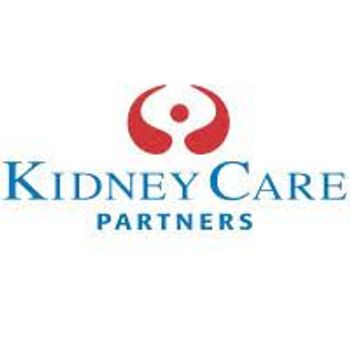
The authors call on Congress to reform Medicare reimbursement for dialysis, saying the recent rule puts clinics at risk of closure.

Meeting the 2024 deadline for an international agreement on pandemic response may not happen; the Biden administration announces measures to counter restrictive state laws on abortion; cervical cancer incidence declines as more women receive the human papillomavirus vaccine.

Families with workplace health insurance may have missed out on $125,000 in earnings over the past 3 decades due to rising premiums; so far, there have been about 600 drug price hikes in January; experts worry that minority and low-income people will not have easy access to zuranolone, the first FDA-approved postpartum depression pill.

Shifting from an opt-in to an opt-out approach boosted palliative care consults from 16.6% of eligible patients to 43.9%, the investigators found.

New program seeks to revitalize struggling rural health care facilities; NIH director advocates for actions to address unaffordable medications; WHO reveals significant drop global tobacco use

Merck’s pembrolizumab (Keytruda) gains expanded approval for advanced cervical cancer; delay of final rules banning menthol cigarettes and flavored cigars; high rates of diagnostic errors lead to harm and deaths, study finds.

Bevey Miner, executive vice president of health care strategy and policy, Consensus Cloud Solutions, shares how extraction artificial intelligence is helping train machine learning models to recognize and extract information from documents, providing structured data with confidence scores.

Congress is being urged to reverse a cut to physicians’ Medicare payments; Bayer announced encouraging results on Monday of 2 phase 3 trials for its nonhormonal drug candidate meant to treat hot flashes; more students are turning to online mental health support rather than school counselors.

A social-impact startup, Pittsburgh-based Fabric Health is adept at using community engagement to help members and their families navigate the complex world of health care—meeting customers where they are at, knowing time is often their most valuable resource.

Four years after the publication of data showing that the Camden Coalition’s “hotspotting” care management program did not reduce hospital readmissions, the investigators have published new work delving into the mechanisms behind the null findings.

Malpractice insurance costs and coverage denials skyrocket for clinics that provide gender-affirming care to minors; American Red Cross declares emergency as low blood supply puts strain on hospitals; Walgreens agrees to pay $360 million to Humana.
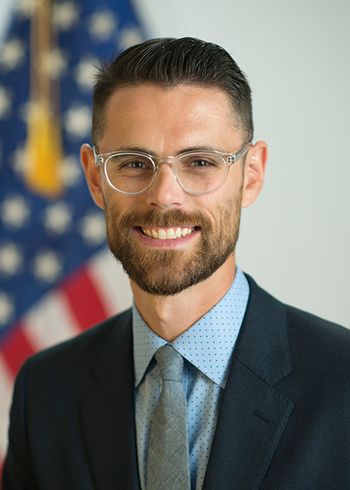
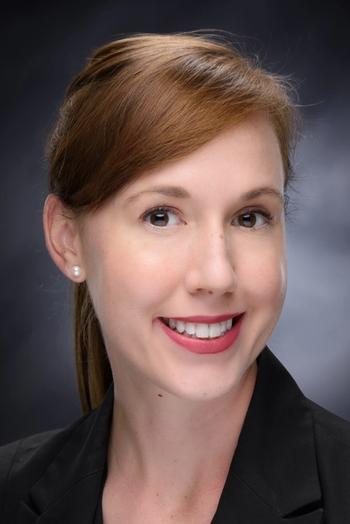
The author, chair of the Government Affairs Committee with the American College of Rheumatology, calls for support for efforts in Congress to reform the Physician Fee Schedule.







